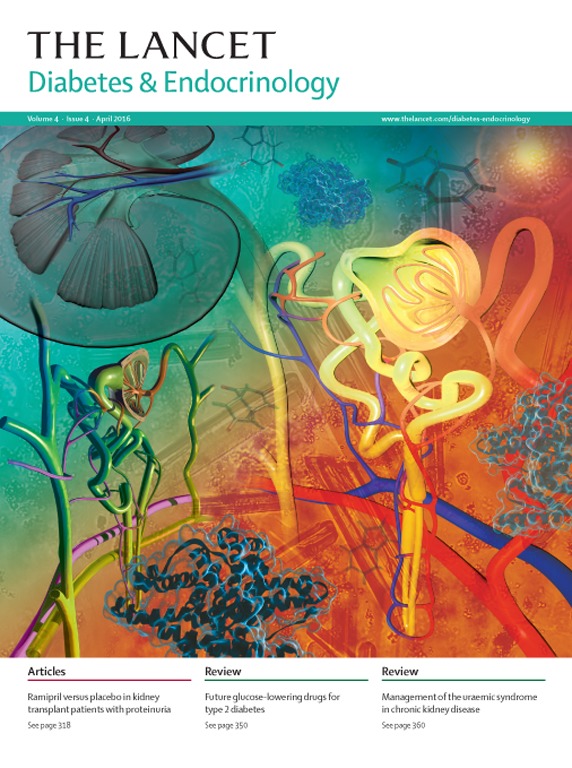 The president of the Karolinska Institutet (KI) is frustrated.
The president of the Karolinska Institutet (KI) is frustrated.
At the beginning of the year, Ole Petter Ottersen informed a journal that one of its papers — co-authored by former superstar Paolo Macchiarini — had been tainted by misconduct. But the journal declined to retract it.
Despite the fact that KI had conducted its own investigation into the integrity of the paper, the journal Respiration argued that it was “not in a position to make a judgement on whether or not to retract this article.” Instead, it proposed publishing KI’s argument for why the paper should be retracted, along with a rebuttal from the authors.
To Ottersen, this is just wrong. Yesterday, he posted some of his correspondence with the journal, which includes his request for retraction, the journal’s response, and his rebuttal. Ottersen’s blog post concludes:
 A group of Australian researchers who studied the cat’s meow as a model for urinary incontinence and other motor-neural issues in people have
A group of Australian researchers who studied the cat’s meow as a model for urinary incontinence and other motor-neural issues in people have  Six months ago, the media was ablaze with the findings of a new paper, showing that nearly six percent of cancer cases are caused, at least in part, by obesity and diabetes. But this week, the journal retracted that paper — and replaced it with a revised version.
Six months ago, the media was ablaze with the findings of a new paper, showing that nearly six percent of cancer cases are caused, at least in part, by obesity and diabetes. But this week, the journal retracted that paper — and replaced it with a revised version. A leading orthodontics journal has retracted 12 papers after determining that they contained either reused images, questionable data or both. Several of the articles involved experiments conducted in dogs — and one person familiar with the case told us that the duplication was an attempt to avoid sacrificing more animals than necessary for the research.
A leading orthodontics journal has retracted 12 papers after determining that they contained either reused images, questionable data or both. Several of the articles involved experiments conducted in dogs — and one person familiar with the case told us that the duplication was an attempt to avoid sacrificing more animals than necessary for the research.  Even when a paper is obviously flawed, it
Even when a paper is obviously flawed, it  An author who has published four articles about the alleged risks of vaccines — but who lied about his name and claimed an affiliation with the Karolinska Institutet — has lost one of the papers. He will also lose three more, Retraction Watch has learned.
An author who has published four articles about the alleged risks of vaccines — but who lied about his name and claimed an affiliation with the Karolinska Institutet — has lost one of the papers. He will also lose three more, Retraction Watch has learned.
